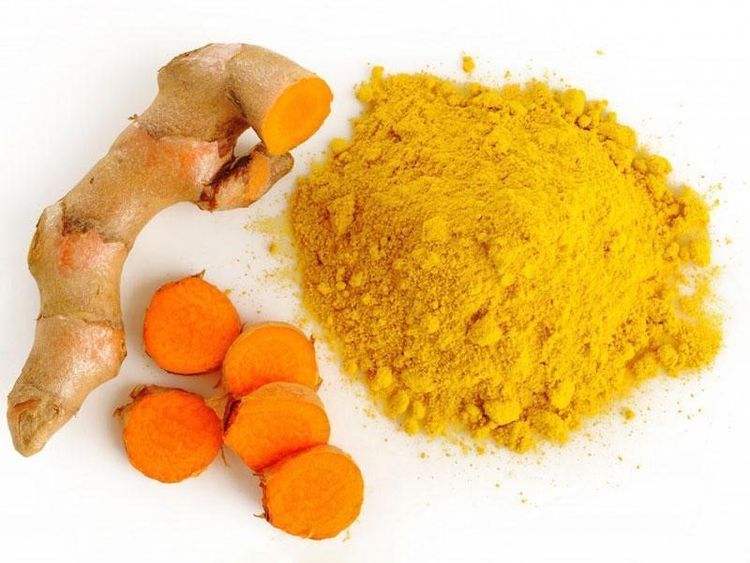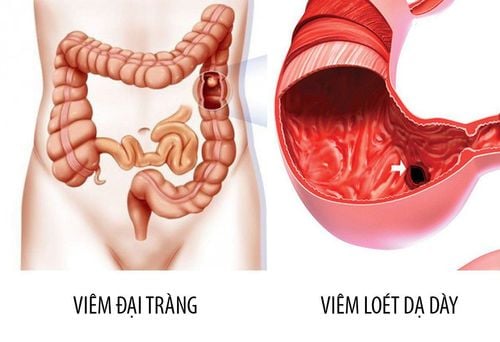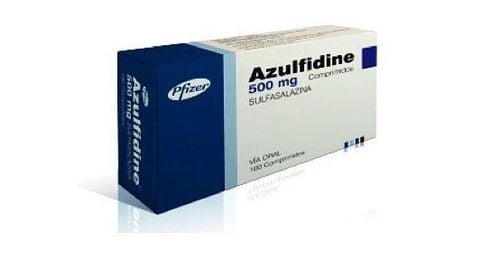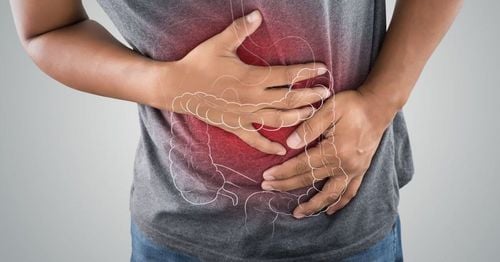This is an automatically translated article.
Posted by Master, Doctor Mai Vien Phuong - Department of Examination & Internal Medicine - Vinmec Central Park International General Hospital
Currently, there is no cure for this disease other than surgical removal of the colon. But some treatments and lifestyle changes can help ease symptoms. When receiving a diagnosis of ulcerative colitis, one of the hardest things to learn is that long-term medication and lifestyle changes may be needed to relieve ulcerative colitis.
If you are struggling to decide whether to treat (or continue to treat) ulcerative colitis, it is important that you know the risks associated with leaving ulcerative colitis untreated. .
1. Unforeseen Outbreak
Flare-ups can be very painful and often lead to bleeding, diarrhea, and abdominal cramps.
You can feel down whenever you experience a flare-up, and while it's easy to blame yourself (e.g. the tacos I ate, the drink I drank, that third coffee) , it's important to know that ulcerative colitis is unpredictable and flare-ups can come at any time. You may be doing everything right with your diet and lifestyle, and ulcerative colitis can still give you problems.
One way to manage flares of ulcerative colitis is to treat it medically and consistently. Various drug therapies are available to control flare-ups, including anti-inflammatory drugs, steroids, biologics, and immunosuppressants. Check with your doctor when trying to choose the right drug therapy for you.
2. Severe dehydration and vitamin deficiency
People with ulcerative colitis are prone to dehydration and vitamin deficiencies, especially when ulcerative colitis is left untreated. The reason is because diarrhea can lead to significant loss of water and nutrients in the body.
You may even feel like you can't get enough water or nutrients to stay hydrated and healthy. Some of the complications from dehydration associated with ulcerative colitis and vitamin deficiency are:
General fatigue Body aches Headache Headache Convulsions Fever Urinary and kidney problems

3. Persistent nausea
A common symptom of ulcerative colitis is nausea. Not only is this uncomfortable, but it can also lead to other ulcerative colitis complications such as loss of appetite and weight loss. This domino effect can cause a host of problems that can lead to relapses and flare-ups.
Your doctor can help you create an anti-nausea plan that includes a nutrient-dense, low-fiber diet. This plan will make sure you eat enough and limit feelings of nausea. One strategy is to eat small, fist-sized meals that are easy to digest. Pureed foods can also help.
Some foods and drinks to stay away from when you feel nauseous include:
Nuts and seeds Beans Raw vegetables Dairy products Fried foods Spicy foods Wine Chocolate

4. Other chronic conditions
If ulcerative colitis is left untreated, you may be at risk of developing other conditions. Some of these potential conditions include:
Arthritis or joint pain in general. In cases of arthritis associated with ulcerative colitis, joint pain tends to be limited to a few joints. With a proper diagnosis, a complementary treatment plan for your ulcerative colitis treatment can be of great help. Liver damage. Although rare, liver damage can become a problem if the liver becomes inflamed or damaged. In most cases, the damage is reversible through treatment. Osteoporosis . Untreated ulcerative colitis can cause severe vitamin D deficiency. As a result, this can lead to osteoporosis. The risk is especially high for people with ulcerative colitis who are older. Vitamin supplements and dietary changes can often significantly reduce this risk. Colon cancer. People with ulcerative colitis have a higher risk of this type of cancer. To suggest a link between how long someone is diagnosed with ulcerative colitis and their likelihood of developing colon cancer. However, with regular monitoring and screening, the risk of colon cancer associated with ulcerative colitis is significantly reduced.
5. Natural Treatment of Ulcerative Colitis
Some medications prescribed to treat ulcerative colitis can have serious side effects. When traditional treatments are not well tolerated, some people turn to natural remedies to manage ulcerative colitis.
Natural remedies that can help treat ulcerative colitis include:
Boswellia. This herb is found in the resin underneath the bark of the Boswellia serrata tree, and research shows it blocks certain chemical reactions in the body that can cause inflammation. Bromelain. These enzymes are found naturally in pineapple, but they are also sold as supplements. They can ease symptoms of ulcerative colitis and reduce flare-ups. Bioproducts. Your gut and stomach are home to billions of bacteria. When the bacteria are healthy, your body is better able to fight the inflammation and symptoms of ulcerative colitis. Eating probiotic foods or taking a probiotic supplement can help boost the health of your gut microbiome. Psyllium. This fiber supplement can help with regular bowel movements. This can relieve symptoms, prevent constipation, and make it easier to get rid of waste. However, many people with IBD may experience abdominal pain, bloating, and gas that gets worse when they consume fiber during flare-ups. Turmeric. This golden spice is full of curcumin, an antioxidant that has been shown to reduce inflammation.

Many natural remedies can be used in conjunction with other ulcerative colitis treatments.
Conclusion
Most treatment plans for ulcerative colitis actively consider the severity of your particular case. If you're avoiding a diagnosis or treatment for ulcerative colitis because you're afraid or think your symptoms are "not that bad," find a doctor you trust and see them. There are so many treatment options available, so there's really little reason to avoid getting the help you deserve.
Ulcerative colitis can be difficult to treat. However, there are many different treatment options. Talk to your doctor about your symptoms so he or she can develop a treatment plan that's best for you. If you have a need for consultation and examination at Vinmec Hospitals under the national health system, please book an appointment on the website for service.
Please dial HOTLINE for more information or register for an appointment HERE. Download MyVinmec app to make appointments faster and to manage your bookings easily.
ReferenceCrohn's and Colitis Foundation. (2015). Fact sheet: Liver complications [Fact sheet]. crohnscolitisfoundation.org/assets/pdfs/liver-disease.pdf Keefer L, et al. (two thousand and thirteen). Gut-directed hypnotherapy significantly augments clinical remission in quiescent ulcerative colitis [Abstract]. DOI: 10.1111/apt.12449 Laszlo LP, et al. (2008). Risk for colorectal cancer in ulcerative colitis: Changes, causes and management strategies. DOI: 10.3748/wjg.14.3937 Mayo Clinic Staff. (2017). Dehydration. mayoclinic.org/diseases-conditions/dehydration/symptoms-causes/syc-20354086 Mayo Clinic Staff. (2017). Ulcerative colitis. mayoclinic.org/diseases-conditions/ulcerative-colitis/symptoms-causes/syc-20353326 Piodi LP, et al. (2014). Managing osteoporosis in ulcerative colitis: Something new? DOI: 10.3748/wjg.v20.i39.14087














